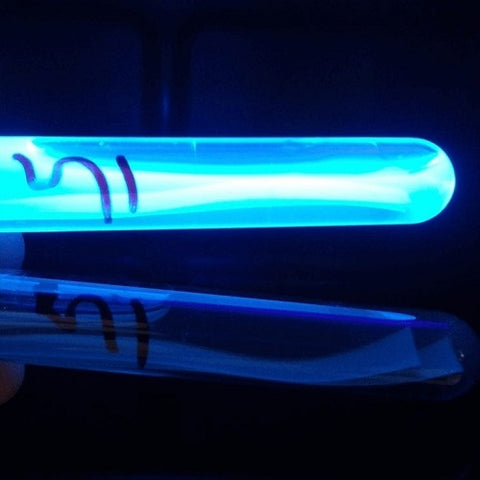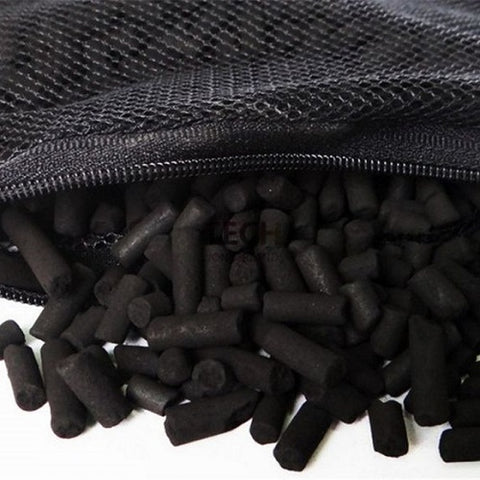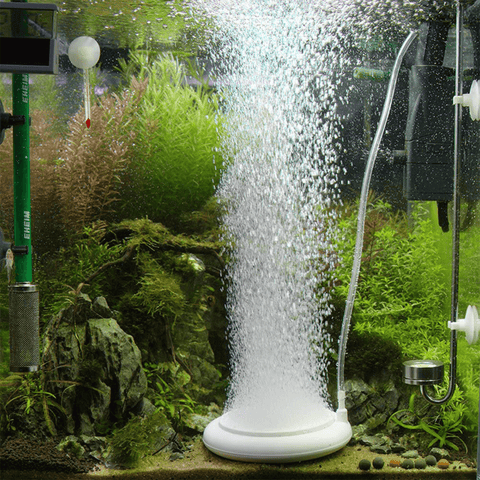When it comes to aquarium care, water quality comes at a priority for aquarists. The good and purified water makes sure that your fish are enjoying good health in the tank. In this article, we will provide some important information about methodologies for water dechlorination and how Long you can dechlorinate water.
What is water dechlorination?
Water dechlorination is the process of removing chlorine from water. Chlorine is a chemical that is added to water to kill harmful bacteria. While chlorine is effective at killing bacteria, it can also be harmful to fish and other aquatic animals. Dechlorinating water removes chlorine from the water so that it is safe for fish and other aquatic animals.
What are different methods available for water dechlorination?
There are different methods available and you can use one of the following.
1. Liquid dechlorination
One popular method of dechlorinating water is by using chemicals. Chemical dechlorinators are available in both liquid and tablet form, and they work by neutralizing the chlorine in the water. Chemical dechlorinators are typically easy to use, but they can be more expensive than other methods.
Liquid Dechlorinater is a good and easy option for removing chlorine from your tap water. Just put the required amount of liquid into your tank and your water will be free from the extra amount of chlorine.
2. Ultraviolet light exposure
Another common method of dechlorination uses ultraviolet light exposure. This process works by breaking down the chlorine molecules into harmless elements before they have a chance to enter the aquarium environment.
Ultraviolet light exposure is often considered one of the safest methods of water treatment, but it can be more expensive than other methods and requires special equipment.

3. Gassing off chlorine
This process works by allowing chlorine gas to escape from the water, and it is considered one of the most effective methods of chlorine removal. Gassing off chlorine can be done using a variety of devices, including bubblers and airstones.
This method is typically very quick and easy to do, but it can be dangerous if not done properly. Improper gassing off of chlorine can result in the release of harmful chemicals into the air.
4. Using vitamin C
Vitamin C works by chemically bonding with the chlorine in the water and neutralizing it. This method is considered to be very safe for both humans and animals, and it is also relatively inexpensive. Vitamin C can be added to the water using a variety of methods, including tablets, powders, or liquids.
5. Carbon filter
A carbon filter is another effective method of dechlorinating water. Carbon filters work by removing chlorine from the water as it passes through the filter. Carbon filters are typically very easy to use and can be very effective at removing chlorine from the water. However, carbon filters can be more expensive than other methods and may need to be replaced more frequently.

Here is a question that arises:
How long to dechlorinate your fish tank?
Brief answer:
Usually, it takes 24 hours for the water to settle down completely to dechlorinate. Maximum it will take 5 days for chlorine to be completely evaporated.
The amount of time that you need to dechlorinate your fish tank depends on a few different factors.
- The first factor is the concentration of chlorine in the water. If the water has a high concentration of chlorine, it will take longer to dechlorinate than if the concentration is low.
- The second factor is the size of the fish tank. A larger fish tank will take longer to dechlorinate than a smaller one.
- Finally, the type of dechlorination method that you use will also affect how long it takes to dechlorinate your fish tank.
Can you tap water for 24 hours in your fish tank?
Yes, you can tap water for 24 hours in your fish tank. This will allow the chlorine to evaporate and the water to settle down completely. Be sure to use a dechlorination method that best suits your needs and keep an eye on the concentration of chlorine in the water.
But some fish are not likely at the safer hand when it comes to tapping water e.g., Saltwater fish prefer alkaline water conditions for their healthy growth. Tap water can be a good option for the wish that like acidic conditions but there are some limitations to that.



Comments (0)
Back to Beginner Guide & Advice